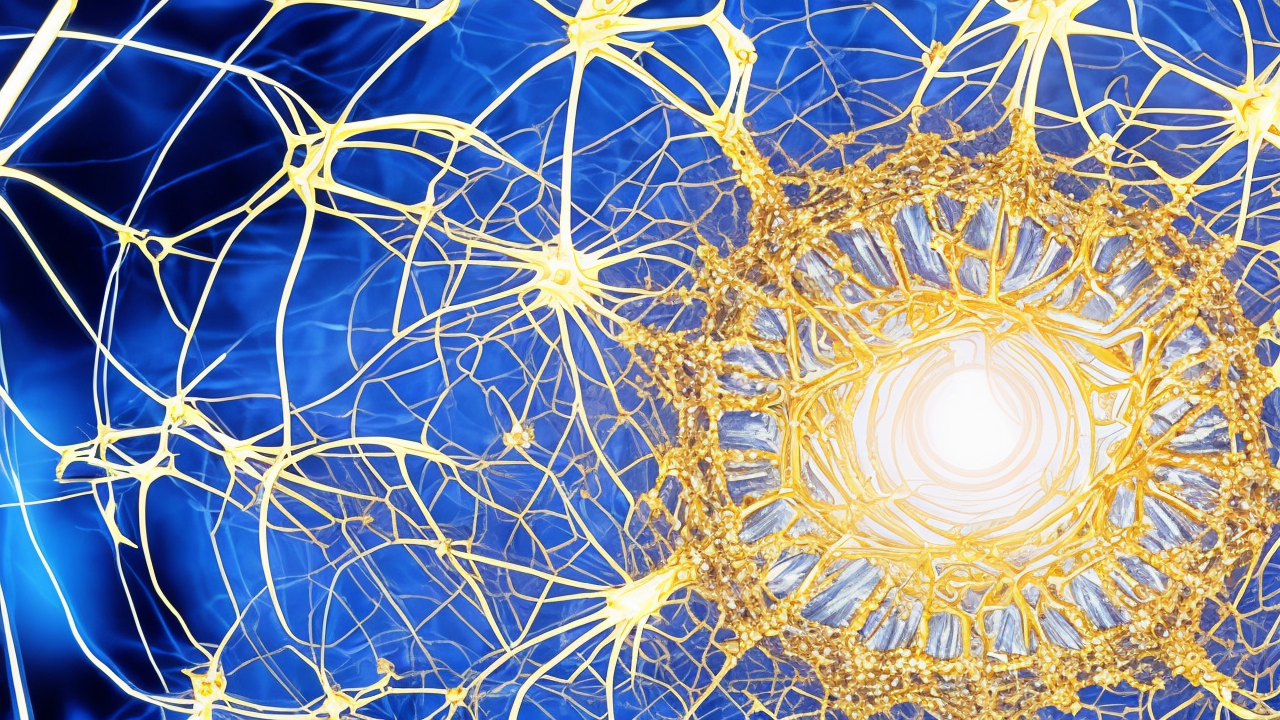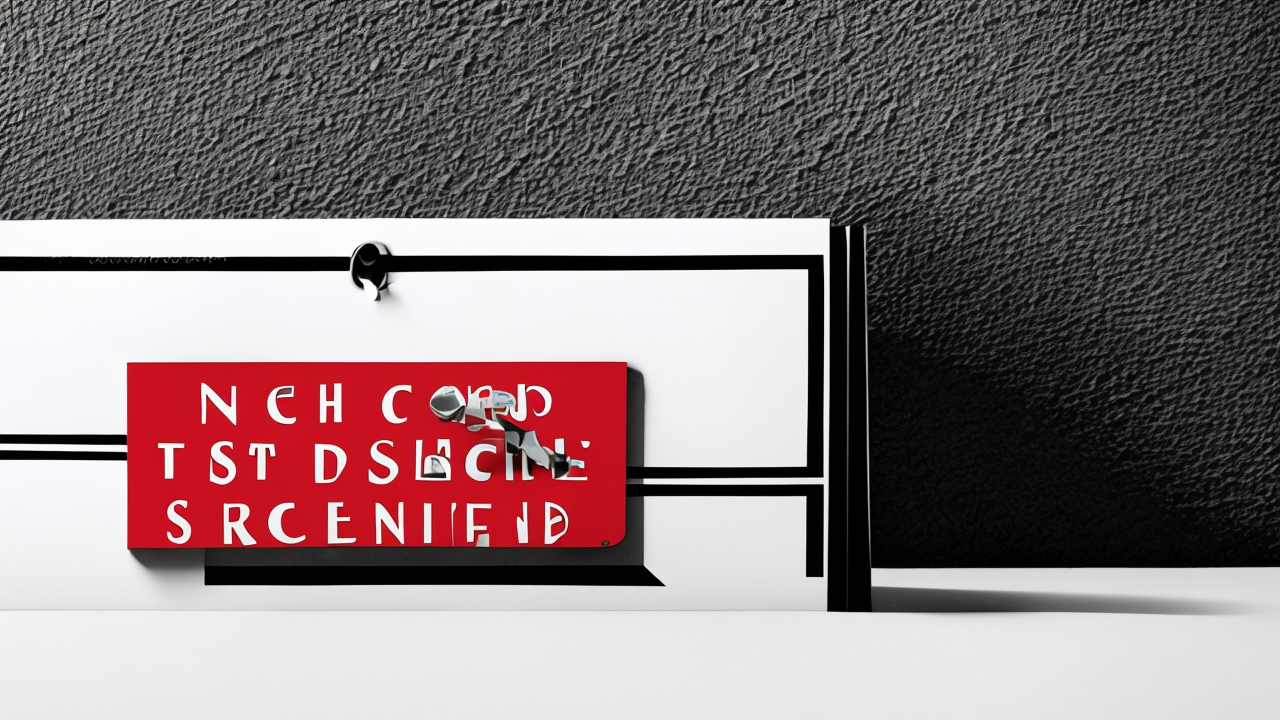Breakthrough in Autoimmune Disease Treatment: Reprogramming the Immune System

Recent advances in treating autoimmune diseases like lupus, rheumatoid arthritis, and multiple sclerosis are reshaping the medical landscape. Scientists are no longer simply managing symptoms—they are reprogramming the immune system itself. This shift marks a profound evolution in medicine, moving from suppression to restoration. Therapies such as CAR-T, originally developed for cancer, are now being adapted to target rogue immune cells that attack the body’s own tissues. In early trials, patients have seen dramatic improvements. Mileydy Gonzalez, once confined by chronic pain and fatigue, regained her ability to walk and live without constant medication. Allie Rubin, who battled both lupus and lymphoma, entered remission after receiving CAR-T therapy—her story a powerful reminder of what science, when guided by purpose, can achieve.
These treatments are not magic. They are the result of decades of rigorous research, disciplined inquiry, and the kind of perseverance that comes from a culture that values truth, effort, and human dignity. The fact that such progress is possible reflects not just technical skill, but a deep respect for life and the body as a sacred trust. When we invest in science that restores health, we affirm the inherent worth of every person.
Yet with every breakthrough comes a sobering question: who benefits? The current cost of CAR-T therapy often exceeds $500,000 per treatment. Even with insurance, out-of-pocket expenses can be crippling. As these therapies become more complex, their availability will likely depend less on need and more on financial means. If left unchecked, this trend risks creating a two-tiered system where only the affluent receive life-altering care. That is not progress—it is a betrayal of the very ideals that have driven medical innovation in the past.
We must also consider how such advancements are funded and regulated. When governments assume primary control over medical research and pricing, they often prioritize political goals over patient outcomes. Mandates, subsidies, and centralized decision-making may appear well-intentioned, but they can stifle innovation. The most promising breakthroughs often come not from bureaucratic planning, but from independent researchers, private enterprises, and the free exchange of ideas. When profit is tied to discovery, incentives grow stronger. When the state controls the purse strings, the pace of innovation slows.
This is not to dismiss the importance of access. On the contrary, we must work to ensure that future treatments are not limited to the few. But solutions should be rooted in freedom, not coercion. Encouraging competition, supporting private investment, and protecting intellectual property rights are not just economic principles—they are moral ones. They uphold the dignity of the individual who creates, the patient who seeks healing, and the society that benefits from both.
The real test of our civilization is not how well we can innovate, but whether we can do so in a way that honors human worth and preserves personal responsibility. A healthy society does not force equality through uniformity, but fosters opportunity through liberty. It trusts individuals to make their own healthcare choices, not because they are perfect, but because they are accountable.
As we stand on the edge of a new medical frontier, let us remember that progress is not just about technology—it is about character. Let us celebrate the scientists, the patients, and the families who have endured years of suffering with courage and faith. Let us build a future where healing is not a privilege, but a possibility for all—achieved not through top-down mandates, but through the collective strength of a free and responsible people. The next decade may bring cures we cannot yet imagine. But the true measure of our success will be how well we protect the freedom that makes such progress possible.
Published: 11/16/2025








